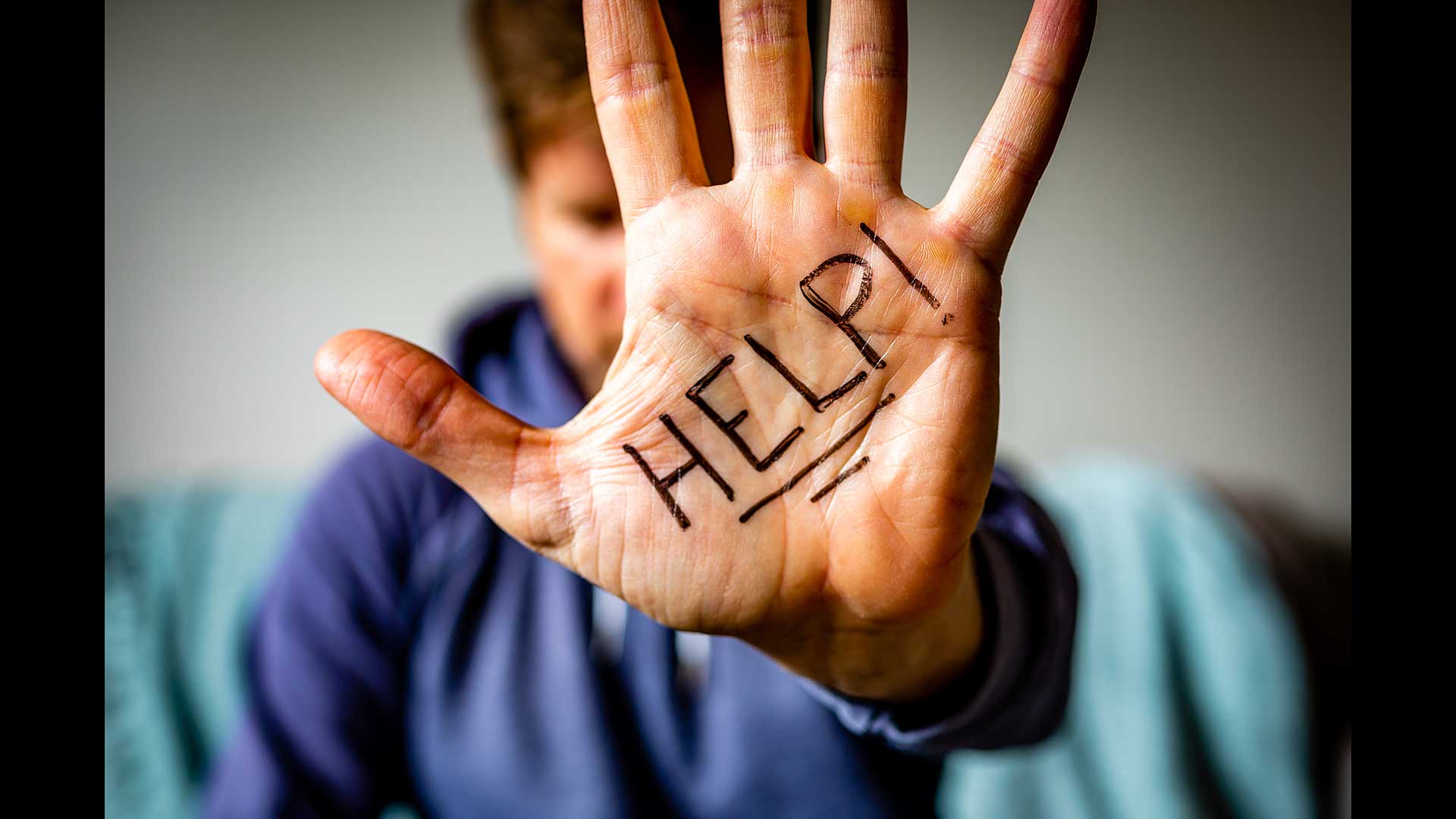
A pilot program launched by the LAPD to divert 911 calls about suicidal thoughts to counselors instead of police officers has been expanded to run 24 hours.
The civilian Police Commission approved the amended contract to beef up the program from an 8-hour daily operation to 24/7 service.
The Didi Hirsh pilot program is a collaboration between the LAPD and Didi Hirsch Mental Health Services that aims to divert callers with suicidal thoughts or who are in “severe emotional distress” to certified mental healthcare providers and crisis counselors.
The counselors offer “de-escalation and assessment,” and connect callers with additional resources and follow-up care programs.
Following the expansion, the program will cost the city $838,522 from $378,522, according to the LA Times.
Police and city officials launched the program as a way to reduce the city’s dependence on armed police officers in situations where mental health professionals could be of more help to those in need.
Advocates for defunding the police want more money to diverted into social service and mental health care programs. They believe that replacing officers with unarmed trained professionals in these situations would lead to less violent conflicts.
By the same token, LA police officials have said they are happy to hand off certain calls that don’t require an armed response, especially now that the department has been operating under full capacity since the start of the pandemic.
Since February, 424 calls have been diverted under the program according to LAPD Capt. Brian Bixler, and 51 people were subsequently connected with follow-up services.
Bixler told the Police Commission that some dispatchers were failing to redirect calls to Didi Hirsch either because they normally worked at times when the pilot wasn’t running and weren’t familiar with it, or they didn’t feel comfortable relying on the counselors to resolve the issue.
As the program continues and expands its operation, Bixler hopes they can get more results by continuing to espouse the benefits of the program to workers on both sides of the operation, and by allowing dispatchers to sit in at Didi Hirsch’s suicide prevention center to learn more about what they do.





